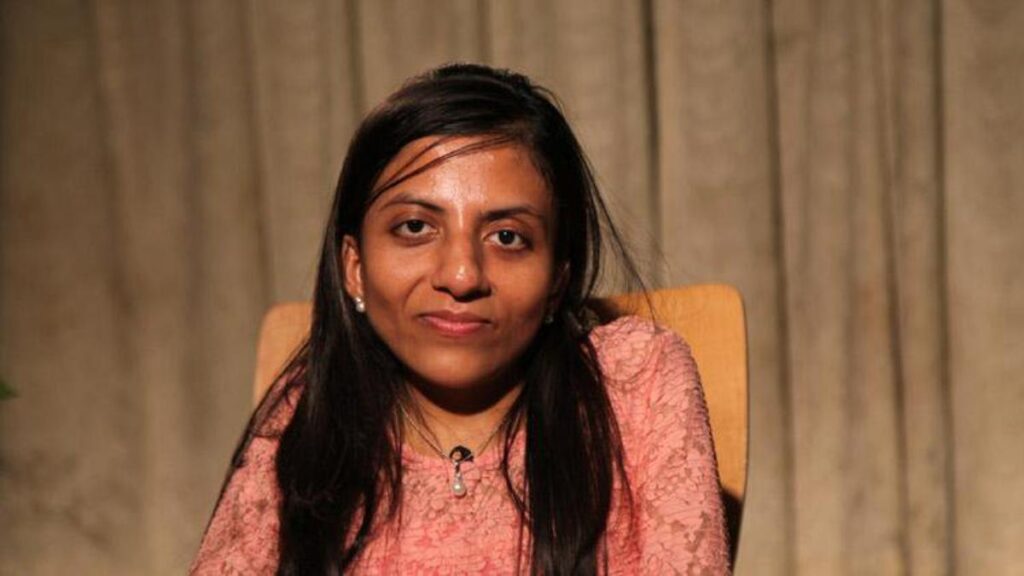Denied entry into the Indian Revenue Service on medical grounds, Ira Singhal refused to accept defeat. Four years later, she returned to the same examination and emerged at the very top, becoming the first differently-abled woman to secure All-India Rank 1 in the UPSC Civil Services Exam. Her journey is a landmark in India’s evolving conversation on inclusion, bureaucracy, and social change.
From Denial to Determination
In 2010, Ira Singhal cleared the Union Public Service Commission (UPSC) examination and was allotted a posting in the Indian Revenue Service. Yet her appointment was blocked after authorities deemed her unfit for service due to scoliosis, a condition affecting spinal growth and mobility. The rejection reflected long-standing biases within the system that equated disability with incapacity.
Singhal did not accept the verdict quietly. She approached the Central Administrative Tribunal, which ruled in her favor, challenging the government’s narrow interpretation of physical standards. But rather than stopping at legal victory, she attempted the UPSC again in 2014—and achieved All-India Rank 1, making history as the first differently-abled woman to top the examination.
Shaping Policy and Precedent
Her case became more than an individual triumph; it sparked debates about the state’s responsibility to provide equal opportunities. The denial of her IRS posting exposed systemic gaps in how differently-abled candidates were evaluated and accommodated. Following her legal fight, the government was compelled to revisit recruitment norms and medical assessment frameworks for candidates with disabilities.
Activists and policy experts often cite Singhal’s case as a turning point that forced institutions to confront constitutional guarantees of equality. By securing IAS entry at the very top of the merit list, she not only proved personal excellence but also demonstrated that the highest echelons of bureaucracy must reflect India’s diversity.
Beyond the Achievement: A Voice for Inclusion
Today, as an IAS officer, Singhal has held key positions, including postings in Delhi and Arunachal Pradesh. Beyond administrative duties, she actively advocates for disability rights, education reforms, and inclusive infrastructure. Her personal journey underscores the layered challenges faced by differently-abled women in India: from inadequate public facilities to persistent social stigma.
Her story resonates with thousands of aspirants who look to her as proof that merit cannot be overshadowed by prejudice. It also serves as a reminder that systemic change often comes not through policy manuals, but through individuals who refuse to be sidelined.


